The technique promises to eliminate cutting, scarring, pain, and recovery time.
Category: biotech/medical – Page 2,541

1st Ebola vaccine clinical study in Japan to begin this month
A team of University of Tokyo researchers said Thursday it will begin a clinical study later this month on a vaccine for the Ebola virus, a first in Japan, with the vaccine developed using an artificially produced detoxified virus.
The new vaccine developed by Yoshihiro Kawaoka, a professor at the university’s Institute of Medical Science, and others is believed to have fewer side effects compared to those produced abroad, according to the institute.
The researchers said they aim to develop the Ebola vaccine to prevent further outbreaks of the deadly hemorrhagic fever in Africa.

Crack down on genomic surveillance
A much broader array of stakeholders must engage with the problems that DNA databases present. In particular, governments, policymakers and legislators should tighten regulation and reduce the likelihood of corporations aiding potential human-rights abuses by selling DNA-profiling technology to bad actors — knowingly or negligently. Researchers working on biometric identification technologies should consider more deeply how their inventions could be used. And editors, reviewers and publishers must do more to ensure that published research on biometric identification has been done in an ethical way.
Corporations selling DNA-profiling technology are aiding human-rights abuses. Governments, legislators, researchers, reviewers and publishers must act.
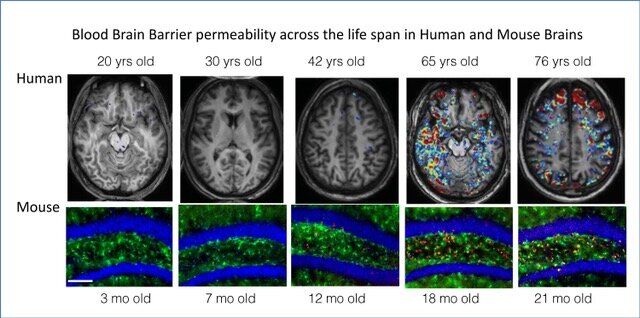
Drugs that quell brain inflammation reverse dementia
Drugs that tamp down inflammation in the brain could slow or even reverse the cognitive decline that comes with age.
In a publication appearing today in the journal Science Translational Medicine, University of California, Berkeley, and Ben-Gurion University scientists report that senile mice given one such drug had fewer signs of brain inflammation and were better able to learn new tasks, becoming almost as adept as mice half their age.
“We tend to think about the aged brain in the same way we think about neurodegeneration: Age involves loss of function and dead cells. But our new data tell a different story about why the aged brain is not functioning well: It is because of this “fog” of inflammatory load,” said Daniela Kaufer, a UC Berkeley professor of integrative biology and a senior author, along with Alon Friedman of Ben-Gurion University of the Negev in Israel and Dalhousie University in Canada. “But when you remove that inflammatory fog, within days the aged brain acts like a young brain. It is a really, really optimistic finding, in terms of the capacity for plasticity that exists in the brain. We can reverse brain aging.”
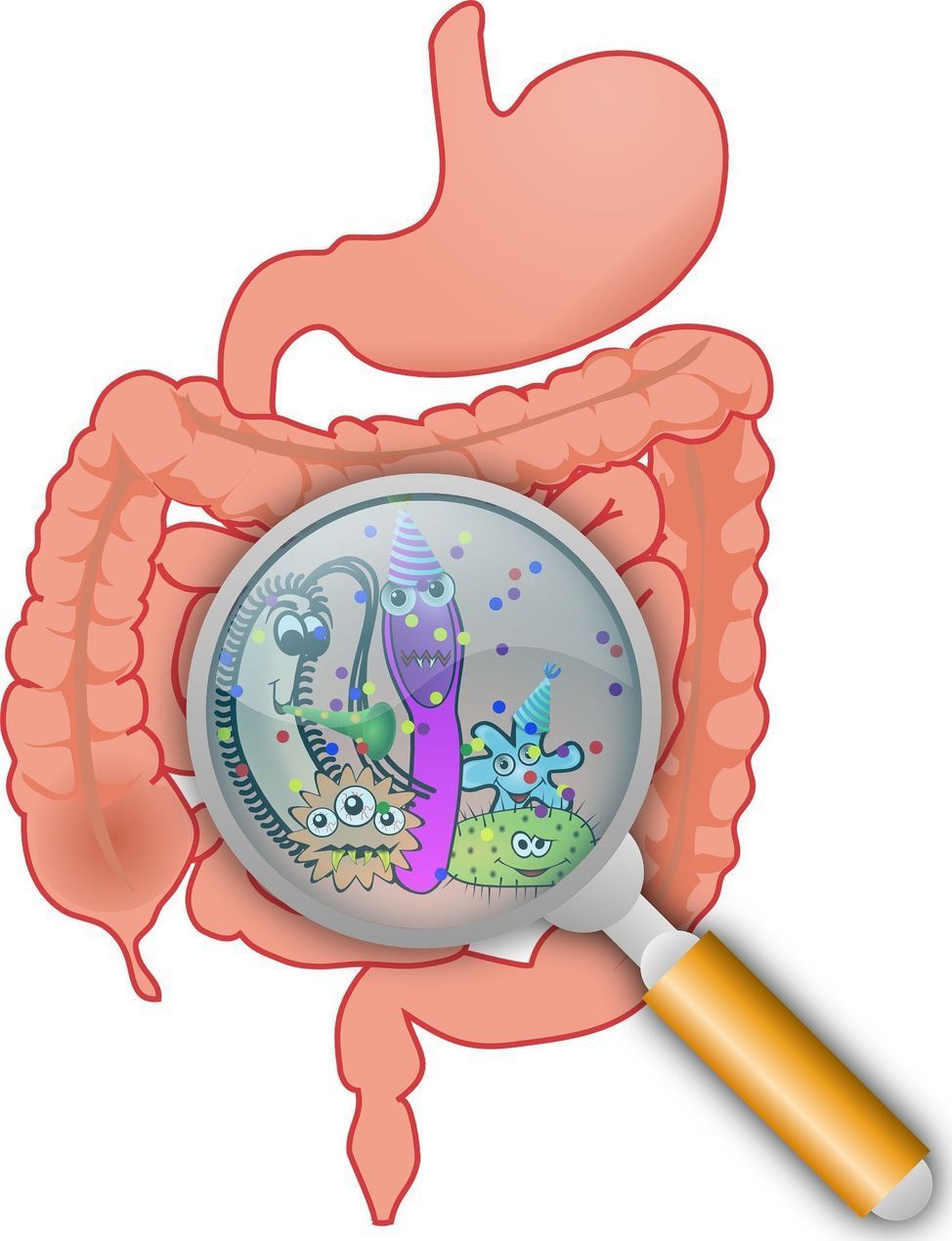
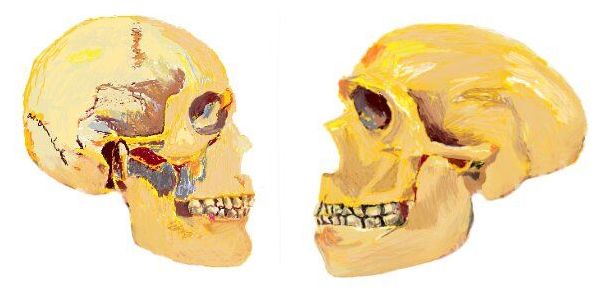
First experimental genetic evidence of the human self-domestication hypothesis
A new University of Barcelona study reveals the first empirical genetic evidence of human self-domestication, a hypothesis that humans have evolved to be friendlier and more cooperative by selecting their companions depending on their behaviour. Researchers identified a genetic network involved in the unique evolutionary trajectory of the modern human face and prosociality, which is absent in the Neanderthal genome. The experiment is based on Williams Syndrome cells, a rare disease.
The study, published in Science Advances, results from the collaboration between a UB team led by Cedric Boeckx, ICREA professor from the Section of General Linguistics at the Department of Catalan Philology and General Linguistics, and member of the Institute of Complex Systems of the UB (UBICS), and researchers from the team led by Giuseppe Testa, lecturer at the University of Milan and the European Institute of Oncology.
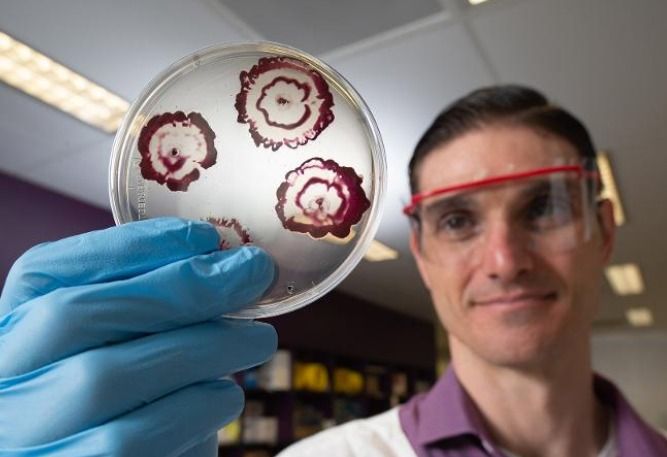
‘Clever Drugs for Slimy Bugs’ in fight against Staph infections
Bacterial biofilms that develop around golden staph infections make treatment difficult and prolonged, but researchers have shown in laboratory work that the hybrid antibiotics they have developed can destroy staph biofilms.
Eradicating deadly staph using a new breed of antibiotics has revealed promising results in research released by QUT, to help overcome one of the biggest modern medical challenges.
The bacteria attach to medical devices including catheters, artificial joints, implants and patients’ burns and wounds, establishing bacterial biofilms, a leading cause of failing antibiotic therapies and chronic infections.

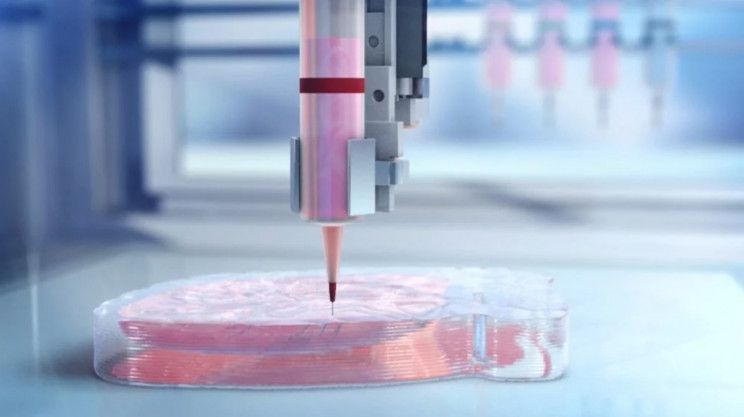
How Will 3D Printing Organs Emerge To Be A Billion Dollar Industry In the Next 10 Years?
3D printing technology is changing and will change pretty much everything. Besides printing the intermittent novelty project at home with a desktop printer, additive manufacturing or 3D printing technology is being used in a large group of businesses changing the manner in which we design, build, create, and even eat.
NASA is planning to use 3D printing technology to construct housing on Mars for future colonies while organizations like byFlow are using the emerging technology to create food and intricate edible tableware. The uses and applications appear to be both limitless and exciting, yet this is only the beginning. Things being what they are, what sort of changes can we expect to see in the medical industry?
Doctors bring dead heart ‘back to life’ for groundbreaking transplant
An estimated 4,000 people are waiting for heart transplants, but the donated organs only last six hours outside a body. Duke University’s method, could extend that timeline and save lives.